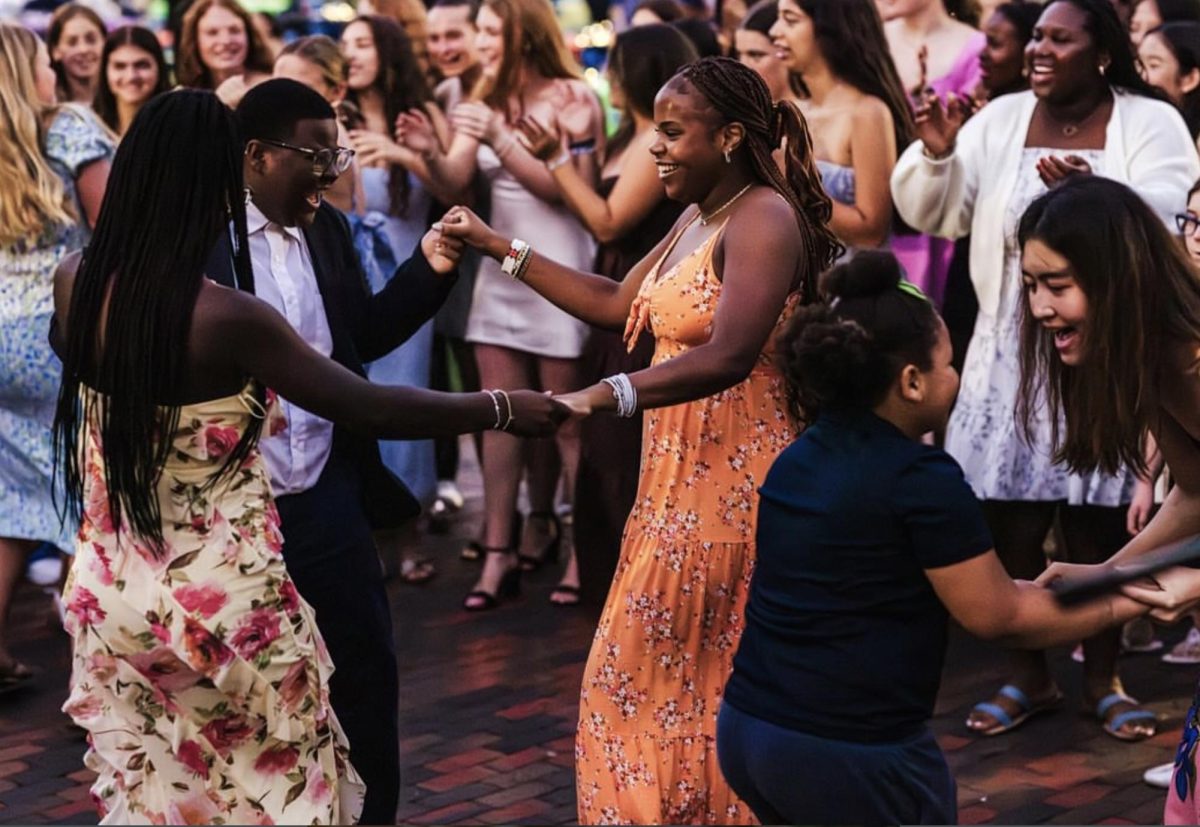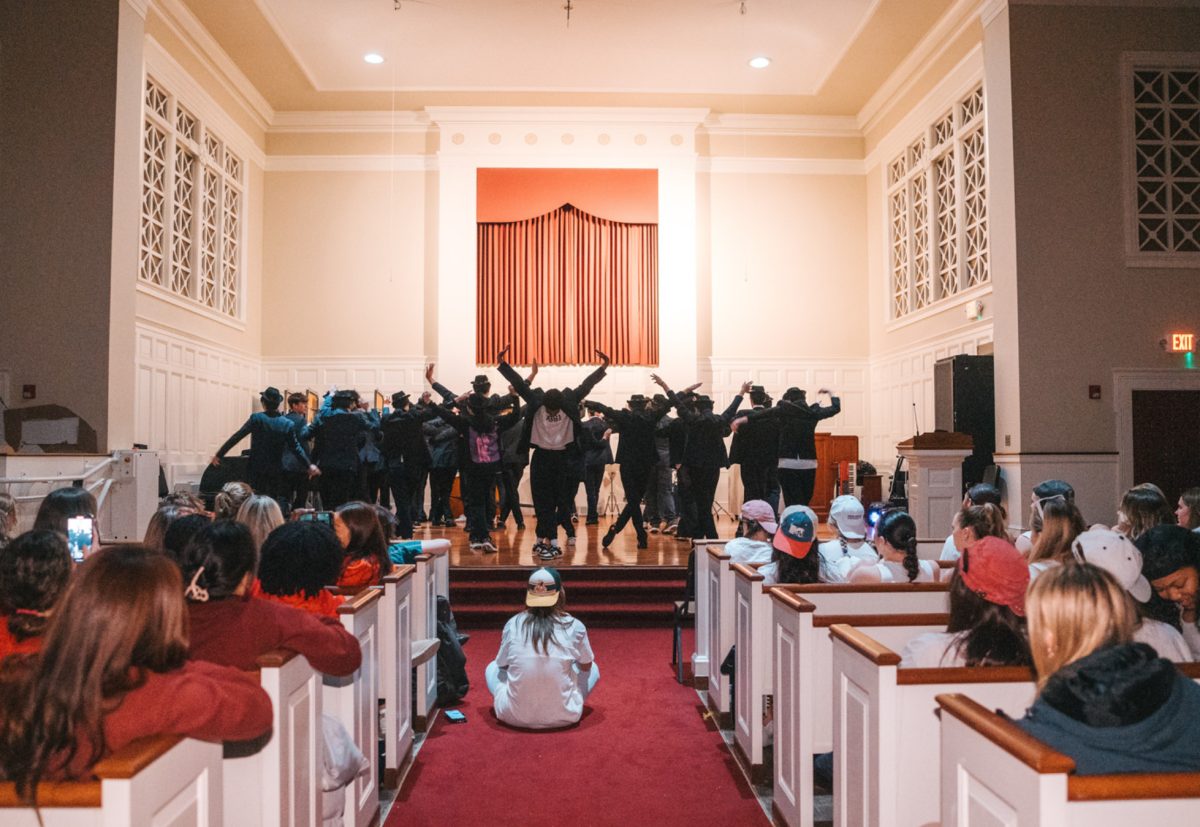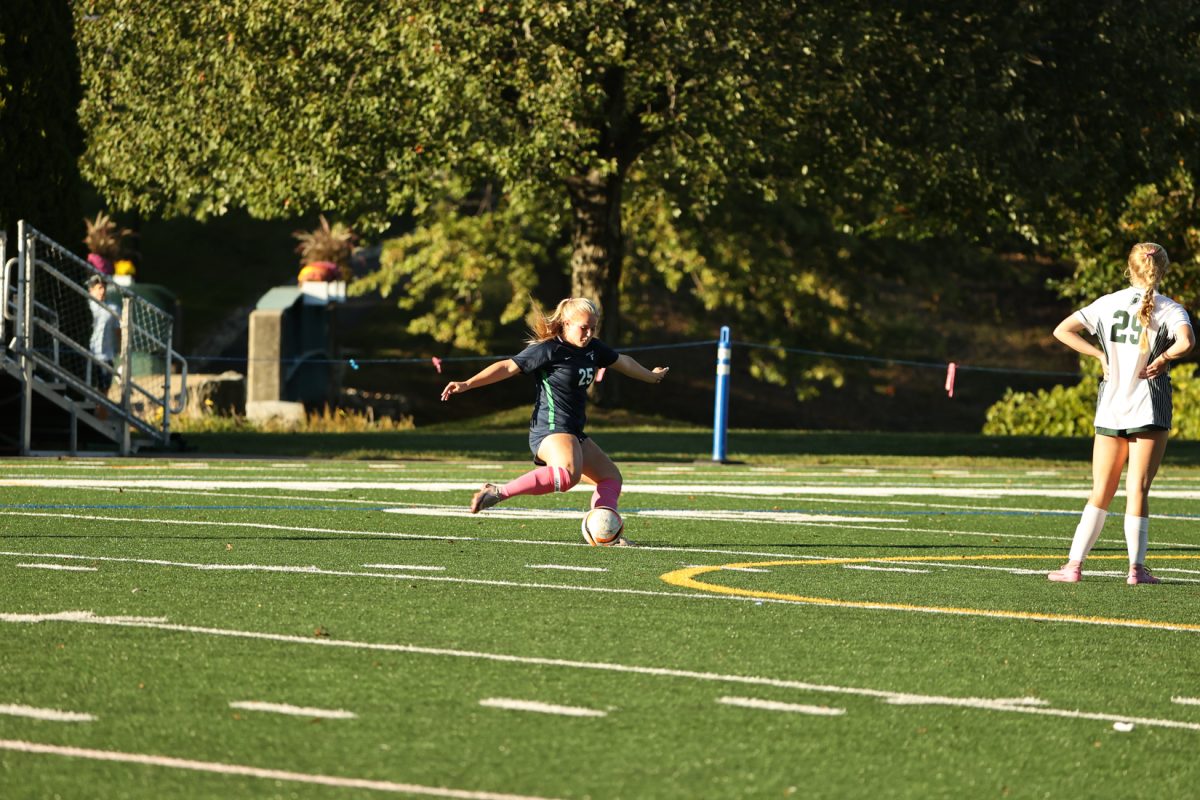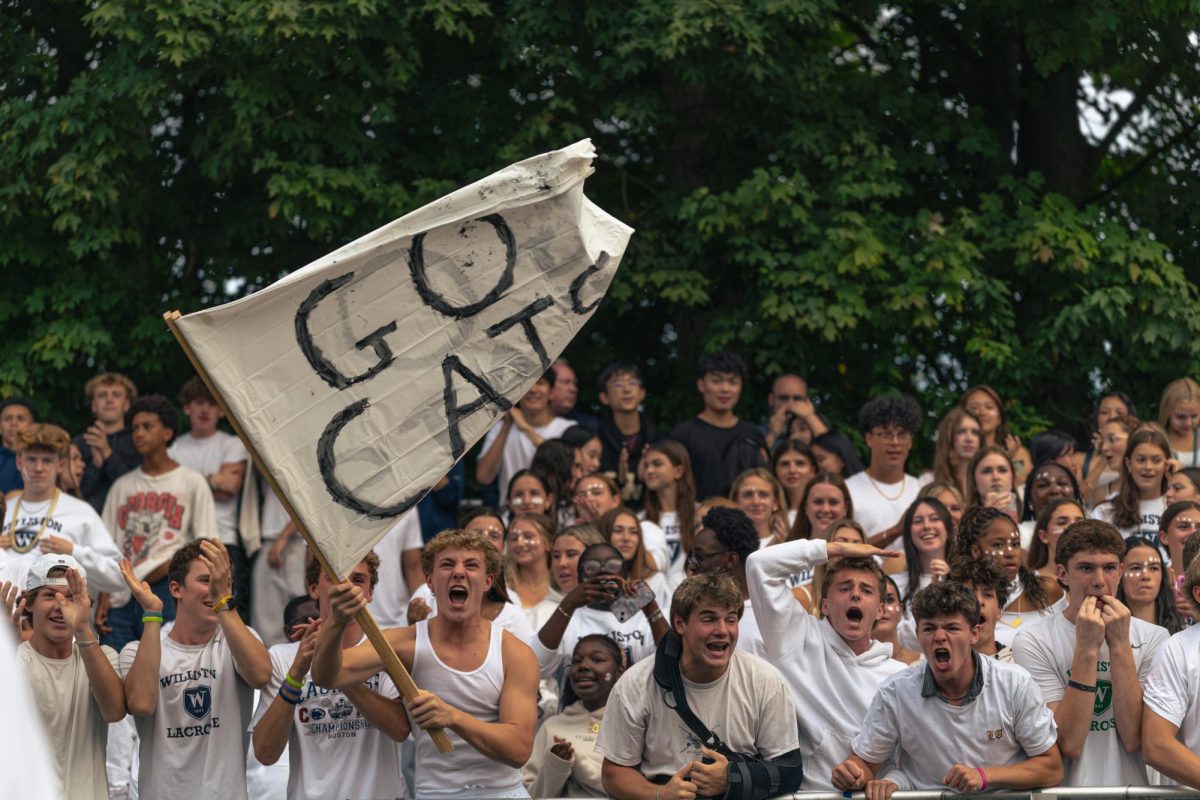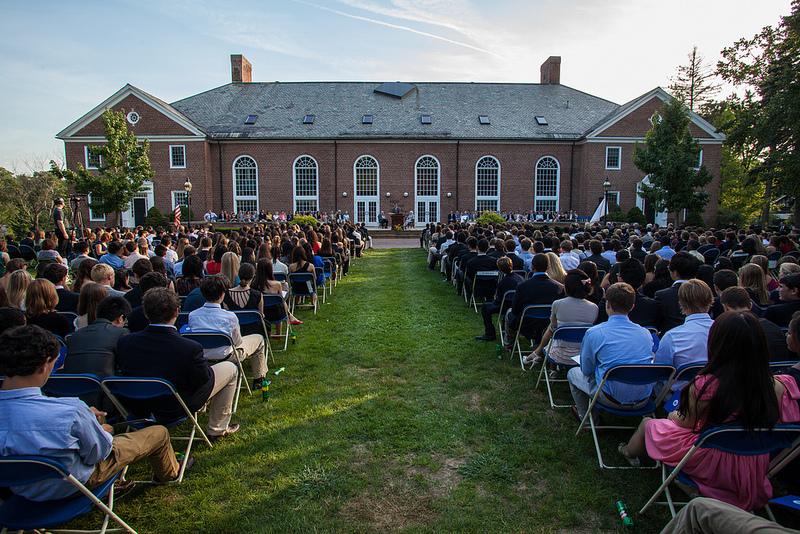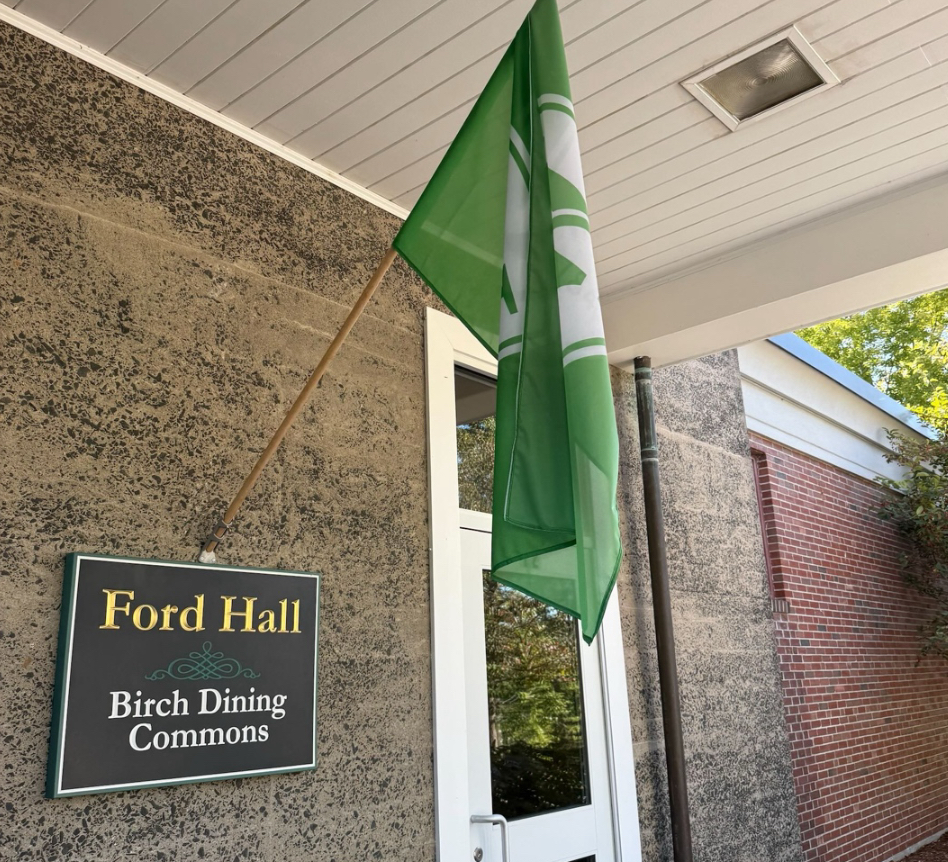At Williston Northampton School, two separate games of Senior Assassin are unfolding as part of a much-anticipated spring tradition among graduating seniors. One game is open exclusively to senior day students, while the other includes the entire senior class, both boarders and day students.
The day-student game was founded by seniors Carter Cleary and Jake Smith. It takes place strictly outside of school hours, and participants use water guns or other water-propelling devices to eliminate their targets. Students are allowed to get each other out on the bike path and in surrounding areas, but all other parts of campus are designated safe zones. As a result, most of the eliminations happen off school grounds, after class hours.
The all-senior game is organized and run by the Class of 2026’s Senior Council, with coordination and updates posted on the Instagram account @wildestcats, reportedly managed by student government member Francesca Gionfriddo. This version is strictly on-campus, using rubber chickens as the method of elimination. Dorms, classrooms, and designated zones are off-limits, and each day the account posts new rules, immunities, and updates to increase engagement.
Roughly 80%, 109 students, out of the senior class is participating in at least one version of the game, according to Caroline Channell, Assistant Dean of Students for Community Life, with many citing it as a highlight of their high school experience. “It’s something we’ve looked forward to since freshman year,” said senior Audree Edmunds. “It’s competitive, but it brings everyone together,” she said.
Senior Assassin, a widely popular high school tradition across the U.S., has recently come under renewed scrutiny following a tragic incident in Arlington, Texas, which has ignited national debate over the safety and regulation of the game.
Often played in the final weeks of senior year, Senior Assassin is designed as a lighthearted, adrenaline-filled rite of passage. Students form teams, receive assigned targets, and try to “eliminate” them—typically with water guns or other safe props. The game extends beyond campus boundaries and official school hours, which complicates efforts by schools to oversee or regulate it.
At its best, the game fosters camaraderie and competition. But in many cases, the unregulated nature of play has led students to behave recklessly—hiding in bushes, stalking classmates late at night, trespassing, or engaging in risky physical stunts. These behaviors have resulted in injuries, police involvement, and, most recently, a tragedy that has shaken the national conversation.
On April 30, 2024, in Arlington, Texas, 18-year-old Isaac Leal, a senior and baseball player at South Grand Prairie High School, was critically injured while participating in the game. According to reports from CBS News and local police, Leal was attempting to “eliminate” his target by jumping onto the back of their moving car. He lost his footing and fell onto the pavement, suffering severe head trauma. He was rushed to Medical City Arlington, where he remains on life support.
The incident has devastated Leal’s school and local community and prompted urgent conversations about the game’s risks. “We’re heartbroken,” said South Grand Prairie principal Monica Johnson. “No game is worth a life.” The Arlington Police Department confirmed an ongoing investigation but stated that no criminal charges had been filed as of yet.
As high schools across the country prepare for graduation, the debate surrounding Senior Assassin shows no signs of slowing. What began as a student-led tradition has grown into a controversial game, forcing schools and families alike to weigh the risks and rewards of a game that straddles the line between celebration and danger.





